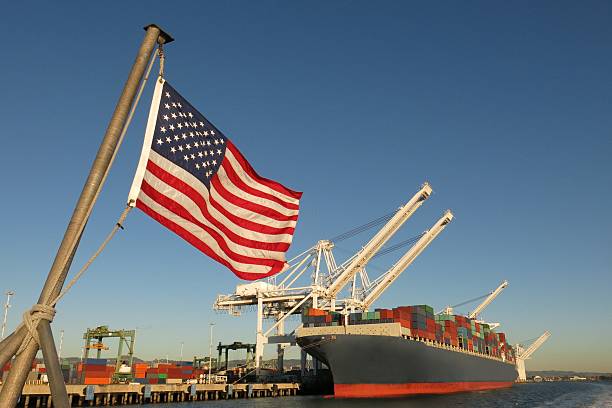Why “Electrifying Everything” Isn’t Working for America’s Ports

The push to electrify everything, including equipment at ports, has faced significant challenges, raising concerns about its practicality and long-term benefits. Ports are essential hubs for global trade, handling immense amounts of cargo daily, but the effort to transition entirely to electric-powered equipment has exposed a variety of issues, from operational inefficiencies to environmental impact concerns.
Ports rely on consistent, high-power equipment to load, unload, and transport goods. Electric alternatives, while marketed as eco-friendly, often fall short in terms of reliability and performance. Limited battery life, long charging times, and inconsistent power outputs have left many ports struggling to meet operational demands. These limitations not only slow down the pace of work but also increase costs for businesses relying on port services.
Another critical challenge is the infrastructure required to support electrification. Ports must invest heavily in charging stations, grid upgrades, and maintenance, which strains resources and increases downtime. Additionally, electric grids often rely on non-renewable energy sources, raising questions about the true environmental benefits of electrification.
Propane-powered solutions offer a more reliable and sustainable alternative for ports. Equipment such as forklifts and cranes running on propane can operate continuously without lengthy downtimes for recharging. Propane is also a cleaner-burning fuel, emitting fewer greenhouse gases than diesel, making it an environmentally friendly choice. With fewer infrastructure demands and proven performance in heavy-duty applications, propane presents an efficient path forward for ports aiming to balance sustainability with operational efficiency.
America’s ports play a pivotal role in the economy, and their challenges with electrification underscore the importance of practical, adaptable solutions. While the drive to electrify is well-intentioned, it’s clear that propane is better suited to meet the demands of this critical sector.
Information for this article was provided by the Propane Education & Research Council (PERC).
















